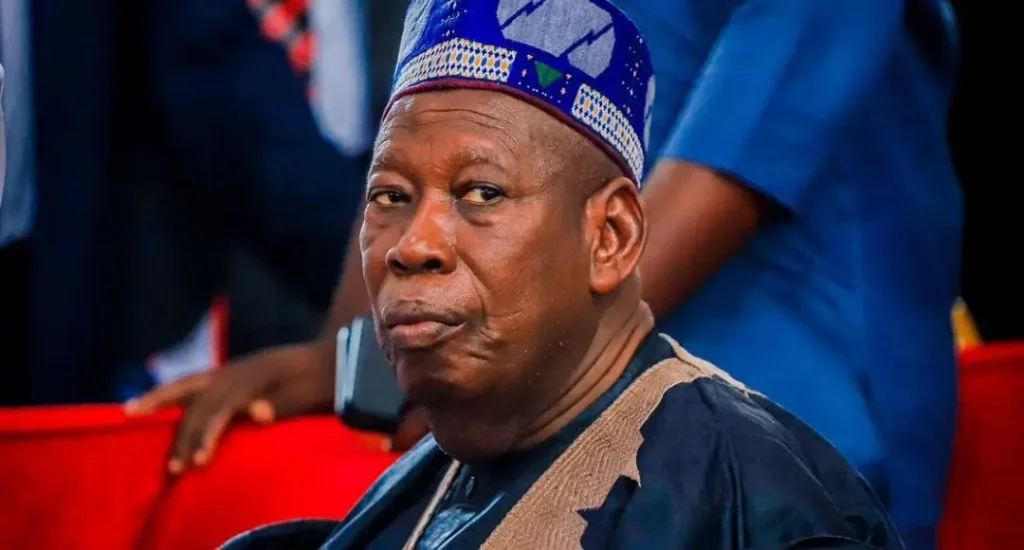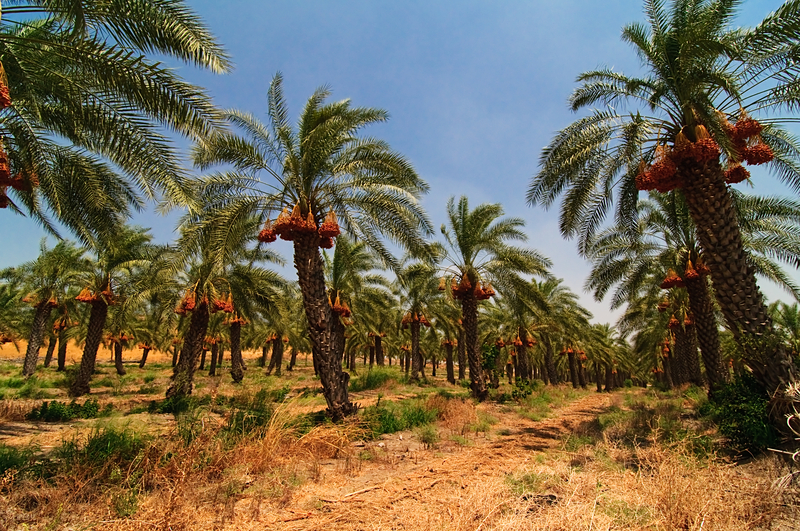Nigerian President Bola Tinubu’s spokesperson, Sunday Dare, has defended the president’s decision to impose a 15% import duty on petrol and diesel, stating that it is a strategic move to reduce the country’s dependence on imported fuel. The new tariff is designed to encourage local refining and boost domestic capacity, ultimately leading to national prosperity. According to Dare, the policy will make imported fuel less competitive, thereby promoting local refineries such as Dangote Refinery and other modular plants.
The move has sparked diverse reactions from Nigerians, stakeholders, and economists, with some expressing concern over the potential impact on fuel prices. Currently, petrol is sold at N950 and N960 per litre in Abuja, and the new tariff may cause prices to rise to over N1,000 per litre. However, Dare asserts that as local refining increases and supply strengthens, prices are expected to moderate, leading to the creation of jobs, investment, and industrial activity.
Nigeria, a leading crude oil producer, has long relied heavily on imported fuel, draining foreign exchange and exporting jobs that could have been created domestically. The new policy aims to reverse this trend, ensuring that the country’s oil wealth benefits its citizens directly. By supporting local refineries, the government hopes to create a self-sustaining and resilient energy sector.
While some, like All Progressives Congress chieftain Ayiri Emami, have criticized the new import tariff, citing its potential negative impact on Nigerians, Dare maintains that the policy is a necessary step towards independence and strength. As the implementation of the 15% import duty on petrol and diesel progresses, the effects on fuel prices and the overall energy sector will be closely monitored. The government’s goal is to create a more sustainable and prosperous energy landscape for Nigeria, and the success of this policy will be crucial in achieving this objective.



